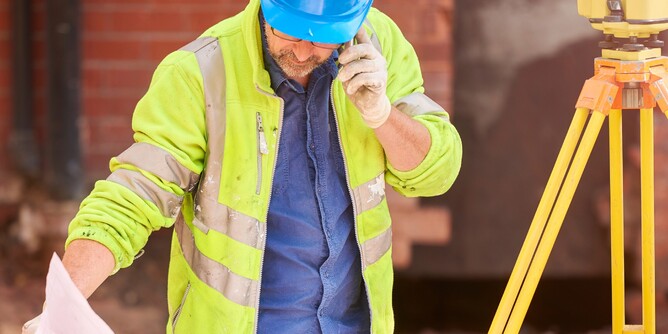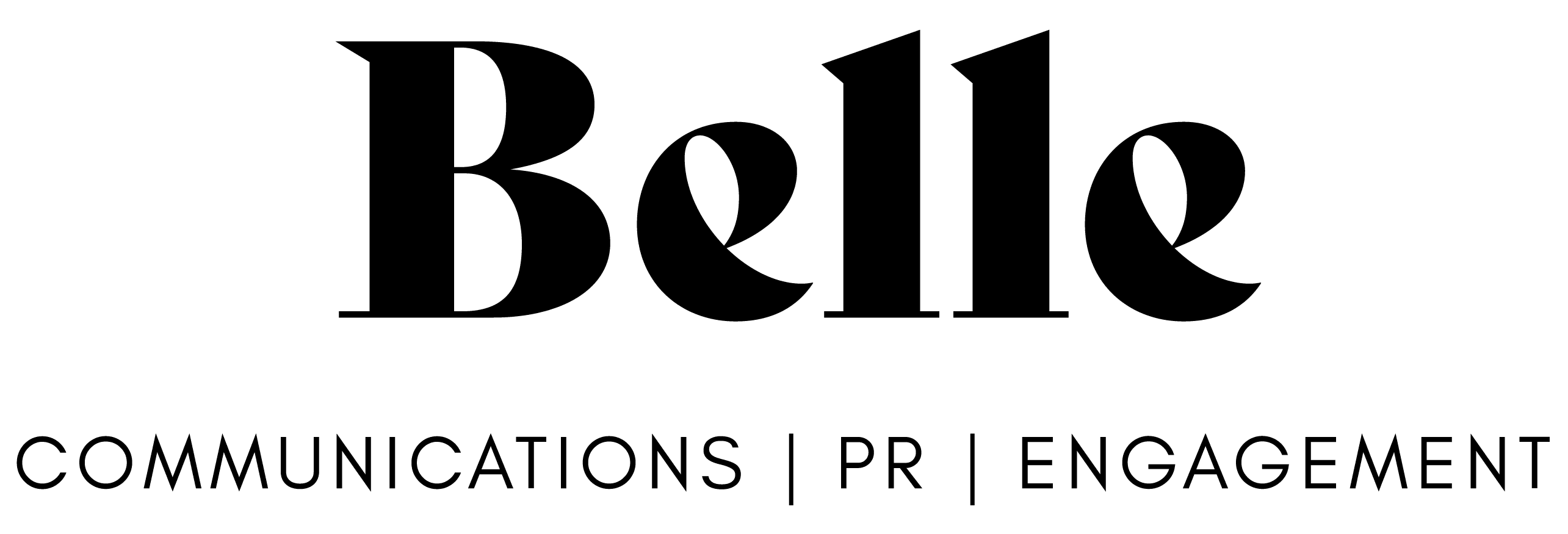How to get the small things right when building your reputation...
As a business owner, the lists are endless, the unsolicited advice is rampant, and the noise is overwhelming when it comes to where you should be placing your priorities.
Getting the basics of business communication right can have a huge impact on your reputation and ultimately, bottom line.
Far too often I see missed opportunities for owners to implement small changes that could be the difference between a customer raving about their experience or warning friends and family (aka a potential new client) away from using a brand.
Amazon founder Jeff Bezos once said: “Your brand is what people say about you when you’re not in the room,” and if you say that twice, it becomes very clear how important it is to sweat the small stuff.
“Your brand is what people say about you when you’re not in the room.” – Jeff Bezos
Here’s a scenario
We don’t like to pick on sectors, but one springs to mind that often gets a bad rap. Let’s look at the construction industry, specifically, residential building companies. How often have you been at a social gathering where you’ve been chatting to someone constructing a house, or know of someone who is?
Linda and Ross*, (fictional characters!), have just built a house in Matamata and they have had an extremely stressful time with it. They are the first to warn the whole dinner party away from using the company they built with.
Sitting at the other end of the table are Troy and Tina* (also fictional!). They’ve had a completely different experience with their new build in Hamilton, and reshare happy accounts of how wonderful their build company, project manager and the whole crew were.
So, what did the Hamilton build company get right and the Matamata build company get so wrong?
Dear construction companies, you can make a significant difference in the experience that your customers have by getting the basics right, and we can help.
4 small ways to improve your communication
Here are four small things you can do to immediately improve your communication practices and move towards a better experience and outcome for your clients. These tips aren’t building-industry-specific or even business-specific. They can be applied to most human-to-human interactions!
Ditch the jargon
Know your audience and avoid using jargon or industry-specific terms when talking to your new home builders. They are trying to wrap their heads around a completely new process and likely are at information overload, so throwing acronyms out like PS1, CAD and very industry-specific terms like purlin can be overwhelming and contribute to feelings of confusion and being out of their depth.
Use simple language, ease into the technical terms (by the end of the build, they’ll probably be much more confident with using them!) and remember that they probably have no idea what you’re talking about most of the time if you go heavy with the jargon.
Be one step ahead
This one is SO important. Don’t make your clients chase you for information. Always stay one, two and even three steps ahead if possible. This is about managing expectations, which is crucial when you’ve got people who are new to a process and don’t know what the norm is.
Never assume that your clients know that it can take a week or two to book a site inspection – tell them, so they know that it’s not unusual. Even better, lay out the stages of work from the outset and send a Monday morning update of what’s happening onsite that week and who will be there. This isn’t about calling them every day to let them know every little detail, it’s just about communicating one step ahead so they will feel reassured that everything is being taken care of.
Radio silence is damaging
This tip reinforces number 2 – because I can’t emphasise it enough. Radio silence is damaging; always communicate! The human brain does not like uncertainty. When we are faced with an uncertain outcome and we haven’t got enough information, we tend to make up scenarios to fill in the gaps in our knowledge. Often, we think of the worst possible outcome.
When an issue arises with the build (or with your client), and there will undoubtedly be issues that arise across the duration of a build, communicate with what you know to be true at the time and communicate quickly – the same day or the next day. Even if you don’t have a solution or know all the facts, if your client finds out through the grapevine that something is wrong and they haven’t heard from you, they might assume the worst, and be annoyed that you haven’t let them know sooner.
Be an active listener
It’s well-known that building a house can be one of the most stressful experiences a person can have. A little empathy can go a long way and being an active listener when your clients have a question or concern is the best way you can show them that you not only care about building them an incredible house, but you care about their experience during the build too.
Try to do 80% of the listening and 20% of the talking to make sure you’re truly understanding their concerns before jumping in with a solution.
Don’t forget – it’s not just your clients that build your reputation!
Make sure that you educate your staff and crew and share these tips with them. The experience you want your clients to have is not just up to you, it’s up to everyone they have contact with in your business.
From the apprentices to the owners, it’s everyone’s job to help build and maintain your reputation and integrity and word of mouth is the most powerful referral tool you can nurture.
Remember to also use these basics of communication when dealing with suppliers and other business contacts. After all, they get invited to dinner parties too and whispers carry weight.

